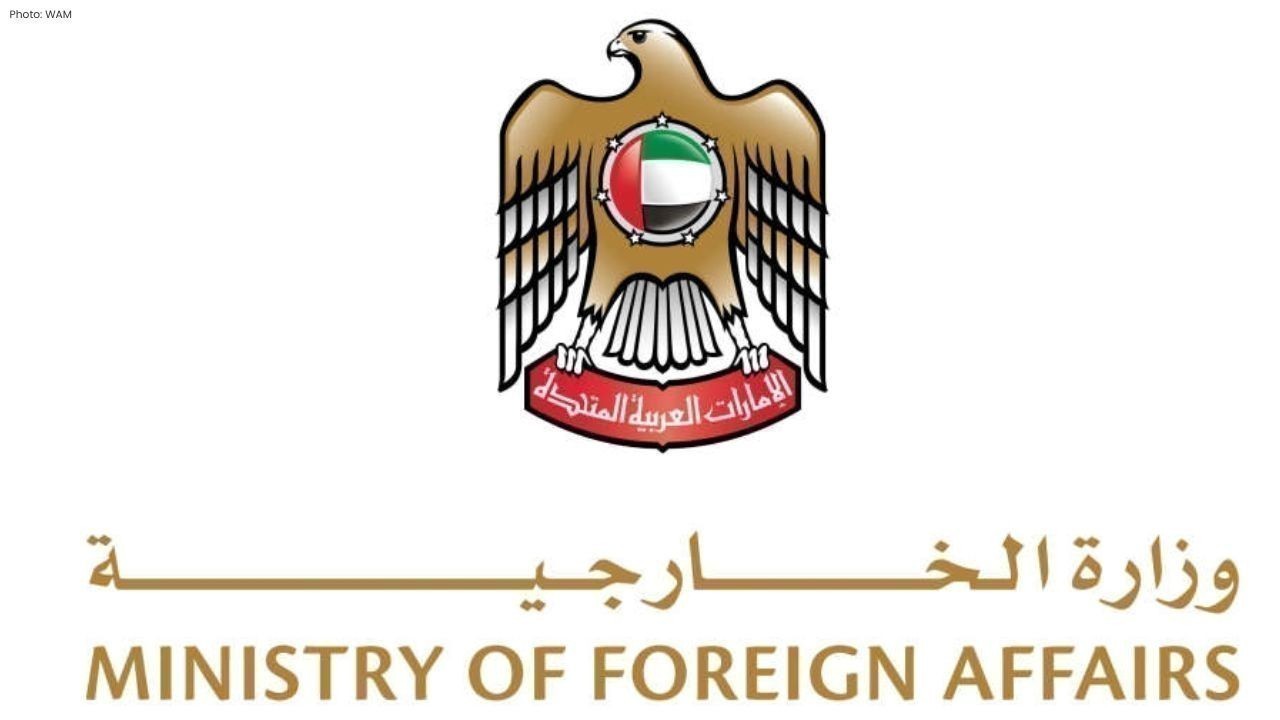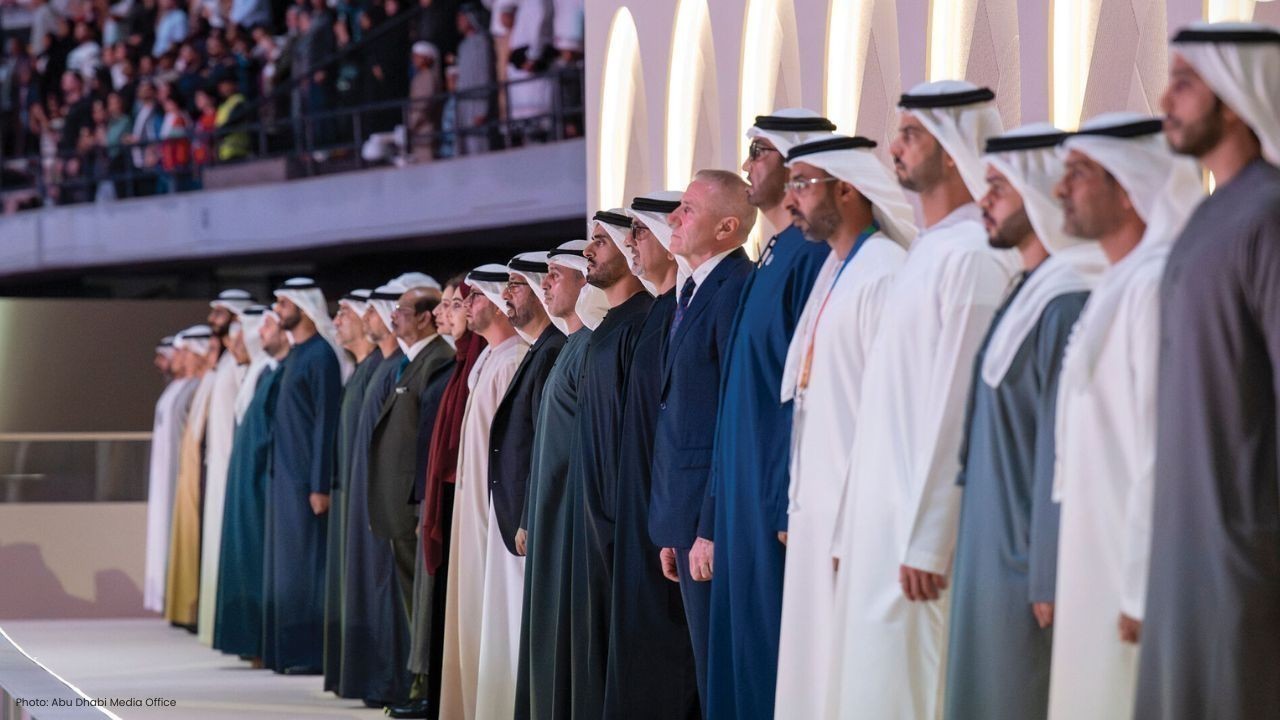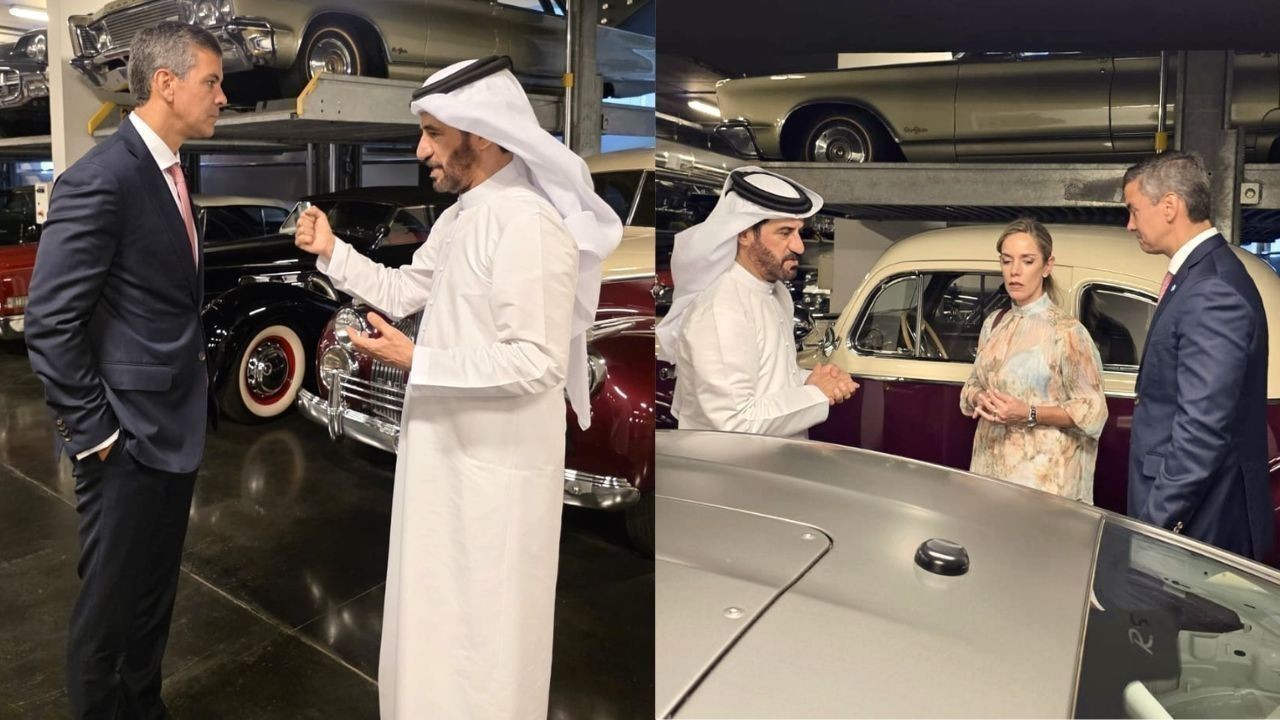
Post by : Anis Karim
Across many emerging market economies, people have started noticing rising prices. From grocery stores to fuel stations, daily life feels more expensive than it used to be. Many people are asking a simple but serious question: Is government spending making things worse? Governments often spend large amounts of money on public services, infrastructure, and welfare programs to help their populations, especially during difficult times. But could these well-meaning actions be adding to inflation and reducing the purchasing power of ordinary people?
Inflation happens when prices of goods and services go up over time. This means the money people have buys less than before. A small amount of inflation is normal in growing economies, but high inflation can create big problems. Families have to spend more on basic needs like food, transport, and electricity. Savings lose value. Long-term planning becomes harder. In emerging markets, even a small price rise can be painful because incomes are often low, and many people live paycheck to paycheck.
Governments spend money to improve living conditions, create jobs, and develop their countries. Common reasons for increased spending include:
Building Roads, Bridges, and Infrastructure: To improve transport and trade.
Subsidies on Food and Fuel: To make life affordable for the poor.
Cash Support and Welfare Programs: Especially after crises like COVID-19.
Public Sector Salaries and Pensions: To reward government workers and retirees.
Defense and Security Spending: For national safety.
In emerging markets, these spending plans often sound good because they help the poor and create jobs. But without careful planning, such spending can also make inflation worse.
The basic rule of economics says when more money chases the same amount of goods, prices go up. This happens in two ways:
Increased Demand: When people have more money through welfare schemes or subsidies, they buy more. If supply stays the same, prices rise.
Government Borrowing: Governments borrow money from central banks or foreign lenders to fund big spending plans. This increases money supply in the economy, leading to inflation.
Emerging markets often have weak supply chains, meaning they cannot quickly increase the production of goods to match new demand, which further worsens inflation.
Argentina: The government has been running large fiscal deficits, spending more than it earns. This has caused high inflation, with ordinary citizens facing price rises every month.
Turkey: Generous spending and low interest rates have led to soaring inflation, especially in food and housing.
Pakistan: Large subsidies and uncontrolled borrowing have resulted in rising prices and a weakening currency.
Nigeria: Increased public spending on fuel subsidies has pushed inflation upwards, affecting common households.
In all these countries, inflation has caused social unrest and reduced trust in government policies.
One worrying problem is that once inflation starts, it becomes hard to stop:
Governments spend more to help people afford basic needs.
More spending increases the money supply.
Prices go up again because of extra money in circulation.
Governments borrow more, sometimes from their own central banks.
This causes the local currency to weaken, raising import costs.
Inflation increases further, making goods more expensive.
This dangerous cycle can make inflation worse year after year if governments do not make changes.
Another impact of government spending in emerging markets is on the national currency. When a government spends more than it earns, it often prints more money or borrows in foreign currency. This reduces the value of local currency against the dollar or euro.
A weak currency makes imported goods like fuel, medicines, and technology more expensive, raising overall prices. This “imported inflation” is especially hard on countries that import most of their essential goods.
Not all spending is bad. Sometimes, government spending is the only option to prevent suffering:
After natural disasters or pandemics, people need immediate help.
Spending on education, healthcare, and roads creates long-term benefits.
Support for small businesses during slowdowns keeps the economy alive.
However, the problem begins when spending is too high, too wasteful, or badly managed. Without proper checks, even useful spending can cause inflation.
Experts suggest governments in emerging markets can avoid fueling inflation by:
Focusing on Productive Spending: Building factories, roads, and improving skills increases supply, reducing inflation in the long term.
Avoiding Cash Giveaways: Direct cash transfers without matching productivity often lead to inflation.
Improving Tax Collection: Better tax policies can fund spending without borrowing.
Fighting Corruption: Reducing wastage in government schemes stops unnecessary printing of money.
Encouraging Exports: More exports bring foreign money into the country, strengthening the local currency.
In many countries, central banks work to keep inflation under control. They do this by:
Raising Interest Rates: Making loans more expensive to slow down spending.
Controlling Money Supply: Using bonds and monetary tools to reduce cash in circulation.
Independent Decision-Making: Staying free from political pressure to make tough decisions.
However, in many emerging markets, governments pressure central banks to keep rates low or print more money, making inflation worse.
High inflation hits the poor the hardest. People on fixed incomes see their purchasing power shrink. Essentials like bread, milk, cooking oil, and transport become too expensive. Families cut back on important spending like education and healthcare.
Small businesses also struggle as input costs rise but customers cut back on purchases. This slows the economy and reduces job opportunities, trapping people in poverty.
When inflation becomes uncontrollable, governments face political troubles:
Protests and strikes break out in cities.
Workers demand higher wages, causing more inflation.
Elections become tense as opposition parties promise relief.
Investors lose trust, withdrawing money from the country.
The government may have to seek help from organizations like the IMF, leading to unpopular decisions.
This shows that poorly managed spending can damage both economies and governments.
Emerging market governments need to carefully balance helping people through spending and keeping inflation under control. Completely stopping spending is impossible in poor countries. But smarter spending focused on growth, efficiency, and long-term stability can avoid the inflation trap.
Government spending in emerging markets is a double-edged sword. When used wisely, it can build roads, educate children, create jobs, and improve lives. But when spending becomes reckless, inflation rises, and common people suffer. Many countries are facing this exact problem today. Leaders must choose responsible policies, improve tax systems, reduce waste, and focus on real development. Only then can emerging markets enjoy growth without the pain of rising prices.
This article provides general insights into the link between government spending and inflation in emerging markets. It does not offer financial advice. Readers are advised to follow official economic reports and expert opinions before forming conclusions.

ET NOW Global Business Summit 2026 to Shape Future Leaders
ET NOW Global Business Summit 2026 in New Delhi will host global leaders to discuss AI, climate, eco

Abu Dhabi Expands Robotaxi Service to New City Areas
Abu Dhabi ITC has expanded Robotaxi services to Khalifa City, Masdar City and Rabdan, adding new rou

UAE Welcomes US-Iran Talks in Oman, Backs De-escalation
UAE praised Oman for hosting US-Iran talks, saying dialogue and diplomacy are key to easing tensions

Kriti Sanon Stuns As Manish Malhotra’s Showstopper In Dubai
Kriti Sanon turned showstopper for Manish Malhotra at Dubai Fashion Week 2026, wearing a pearl-drape

Open Masters Games Abu Dhabi 2026 Opens with Grand Ceremony
Sheikh Zayed bin Mohamed attended the opening of Open Masters Games Abu Dhabi 2026, welcoming 25,000

Arab Hope Makers 2025 Finale in Dubai on Feb 15
Arab Hope Makers will hold its 6th edition closing ceremony on Feb 15 in Dubai. The winner will rece

Ben Sulayem Hosts Paraguay President for Luxury Car Drive
FIA President Mohammed Ben Sulayem welcomed Paraguay President Santiago Peña in Dubai, offering a sp

Winter Skin Care: 10 Hydrating Drinks That Give Natural Glass Skin Glow
Learn how simple winter drinks keep your skin hydrated reduce dryness and support a natural glass sk

Why Drinking Soaked Chia Seeds Water With Lemon and Honey Before Breakfast Matters
Drinking soaked chia seeds water with lemon and honey before breakfast may support digestion hydrati

Morning Walk vs Evening Walk: Which Helps You Lose More Weight?
Morning or evening walk Learn how both help with weight loss and which walking time suits your body

What Really Happens When You Drink Lemon Turmeric Water Daily
Discover what happens to your body when you drink lemon turmeric water daily including digestion imm

DXB News Network Presents “Ctrl+Alt+Wim”, A Bold New Satirical Series Starring Global Entertainer Wim Hoste
DXB News Network premieres Ctrl+Alt+Wim, a bold new satirical micro‑series starring global entertain

High Heart Rate? 10 Common Causes and 10 Natural Ways to Lower It
Learn why heart rate rises and how to lower it naturally with simple habits healthy food calm routin

10 Simple Natural Remedies That Bring Out Your Skin’s Natural Glow
Discover simple natural remedies for glowing skin Easy daily habits clean care and healthy living ti

Mattel Revamps Masters of the Universe Action Figures for Upcoming Film
Mattel is set to revive Masters of the Universe action figures in sync with their new movie, ignitin